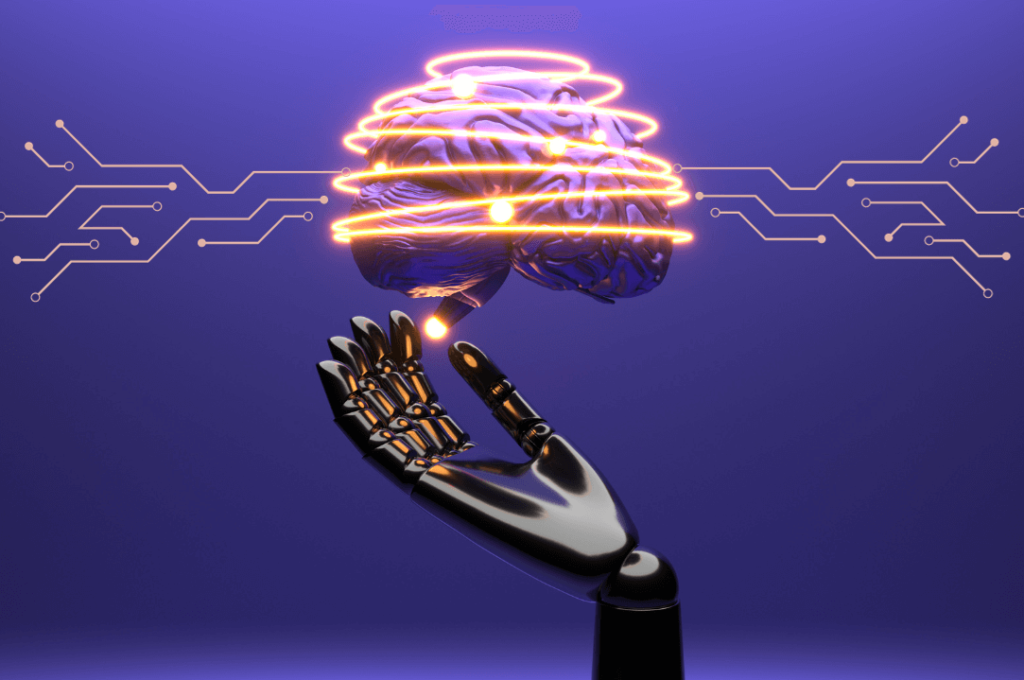
A team of researchers from leading universities has developed a new AI model named Centaur, capable of accurately predicting and mimicking human behavior. The breakthrough was detailed in their latest research paper.
Centaur was trained on a unique dataset, Psych101, comprising data from 160 psychological experiments involving over 60,000 participants. Collectively, these individuals made more than 10 million decisions, making it the largest dataset of its kind.
“Previous attempts to create computational models have fallen short of fully replicating human cognition,” the researchers noted.

A Broad Focus on Human Behavior
The researchers emphasized that most modern AI models are task-specific and struggle to adapt to a wide range of behavioral contexts.
“The human mind is universal. We make everyday choices, like selecting clothing, but also tackle complex challenges, such as exploring space or curing diseases,” they stated.
Lead scientist Marcel Binz revealed that the team used Meta’s Llama 3.1 70B and found Centaur outperformed existing cognitive models in predicting participant behavior.
To build Centaur, we hand-curated a novel, large-scale data set consisting of trial-by-trial data from 160 psychological experiments and 60,092 participants, making 10,681,650 choices in total. We made Psych-101 publicly available: https://t.co/VaWAWvNuKZ
— Marcel Binz (@marcel_binz) October 28, 2024
Key Features and Implications
Centaur exhibits rational behavior, learns in real time, and aligns more closely with human neural activity than other models.
“Centaur may be the first true contender for creating a unified model of the human mind, as envisioned by the great cognitive scientist Alan Newell,” Binz concluded.
Related Developments
Recently, Swiss company FinalSpark developed an organoid computer using living biological matter, while Chinese scientists created a robot with an artificial brain capable of performing complex tasks.








 Cryptol – your source for the latest news on cryptocurrencies, information technology, and decentralized solutions. Stay informed about the latest trends in the digital world.
Cryptol – your source for the latest news on cryptocurrencies, information technology, and decentralized solutions. Stay informed about the latest trends in the digital world.